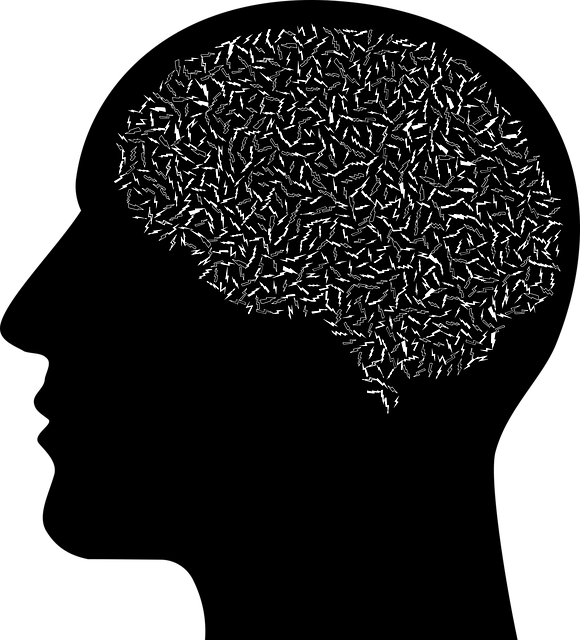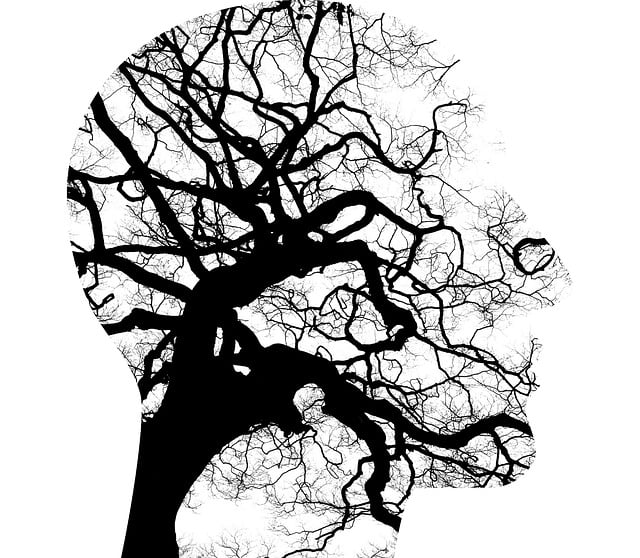Mental illness stigma creates barriers to care, leading to underreporting, reduced access, and poorer life outcomes. It manifests as negative attitudes towards conditions like depression, anxiety, and Aurora Sexual Dysfunction Therapy (ASDT). To combat this, a multi-faceted approach is needed: education, responsible media, open dialogues, and supportive environments. Initiatives like Mental Illness Stigma Reduction Efforts demystify mental health, while therapy and support groups like ASDT provide specialized treatment and foster understanding, breaking down barriers to seeking help.
Mental illness stigma remains a significant barrier to recovery, affecting millions globally. This article explores comprehensive strategies to reduce mental health stigma, focusing on understanding its deep-rooted causes and diverse challenges. We delve into effective approaches, highlighting the transformative power of therapy and support groups, using Aurora Sexual Dysfunction Therapy as a compelling case study. By examining these efforts, we aim to foster empathy, educate communities, and promote inclusive environments for those facing mental health struggles.
- Understanding Mental Illness Stigma: Barriers and Challenges
- Strategies for Reducing Stigma: A Comprehensive Approach
- The Role of Therapy and Support Groups in Overcoming Stigma: Aurora Sexual Dysfunction Therapy as a Case Study
Understanding Mental Illness Stigma: Barriers and Challenges

Mental illness stigma is a complex issue that presents significant barriers to individuals seeking help and support. It often manifests as negative attitudes, stereotypes, and misconceptions about people living with mental health conditions, such as depression, anxiety disorders, or even Aurora Sexual Dysfunction Therapy concerns. These societal perceptions can lead to discrimination, isolation, and a reluctance to discuss mental well-being openly.
The challenges associated with stigma are multifaceted. They include the underreporting of symptoms, difficulty accessing appropriate care, and the impact on an individual’s overall quality of life. Stigma can hinder the development of coping skills and emotional regulation strategies, which are crucial for managing mental health effectively. By fostering understanding and promoting conversations about mental illness, initiatives aimed at stigma reduction aim to create a more supportive environment where individuals feel empowered to seek treatment, enhance their confidence, and lead fulfilling lives.
Strategies for Reducing Stigma: A Comprehensive Approach

Reducing stigma surrounding mental illness requires a multifaceted approach that addresses societal perceptions and promotes understanding. One effective strategy is education—both within communities and in educational institutions. By integrating mental wellness into mainstream conversations, through Mental Illness Stigma Reduction Efforts initiatives, we can demystify various conditions, including Aurora Sexual Dysfunction Therapy, fostering an environment where individuals feel comfortable seeking support.
Media plays a significant role in shaping public opinion. Therefore, responsible storytelling and representation in films, TV shows, and podcasts like the Mental Wellness Podcast Series Production can challenge stereotypes. Additionally, involving recovered individuals as advocates and role models can offer a positive glimpse into recovery. Encouraging open dialogues about mental health in workplaces, schools, and social gatherings also contributes to Stress Management, enabling early interventions and support systems for those facing challenges.
The Role of Therapy and Support Groups in Overcoming Stigma: Aurora Sexual Dysfunction Therapy as a Case Study

Therapy and support groups play a pivotal role in reducing stigma surrounding mental health issues, offering individuals safe spaces to share their experiences and gain understanding. Aurora Sexual Dysfunction Therapy (ASDT) exemplifies this approach through specialized treatment for sexual health concerns. By fostering open dialogue and providing education, ASDT breaks down barriers associated with seeking help for intimate struggles, promoting emotional well-being promotion techniques that can be adapted to various mental health challenges.
Participating in such groups or individual therapy sessions equips individuals with stress reduction methods tailored to their unique needs. For instance, ASDT incorporates evidence-based practices known to alleviate depression prevention risks by empowering clients to challenge negative thoughts and develop healthier coping mechanisms. Through shared experiences and supportive environments, participants build resilience, dispelling myths and misconceptions that contribute to stigma.
Stigma reduction efforts, such as those exemplified by Aurora Sexual Dysfunction Therapy, play a pivotal role in fostering understanding and acceptance of mental illness. By combining education, support groups, and therapeutic interventions, we can break down barriers and create a more inclusive society. Recognizing the unique challenges faced by individuals with mental health issues is essential, and adopting a comprehensive approach ensures that everyone receives the care and respect they deserve. Through continued efforts and open dialogue, we can work towards a future where mental illness is met with compassion and empathy.














